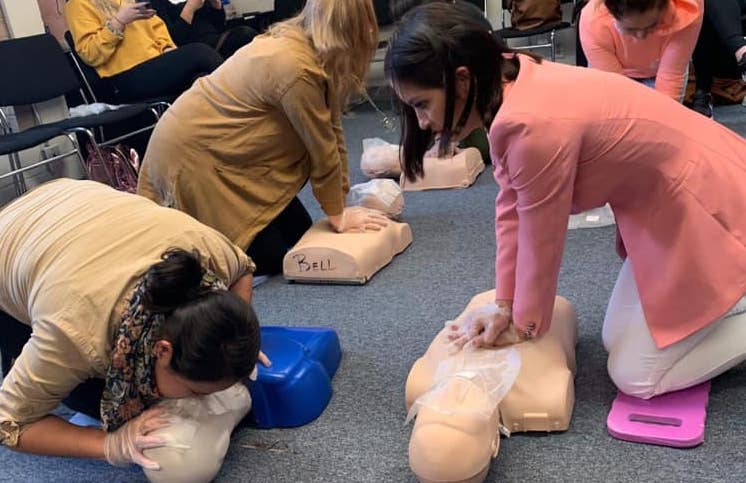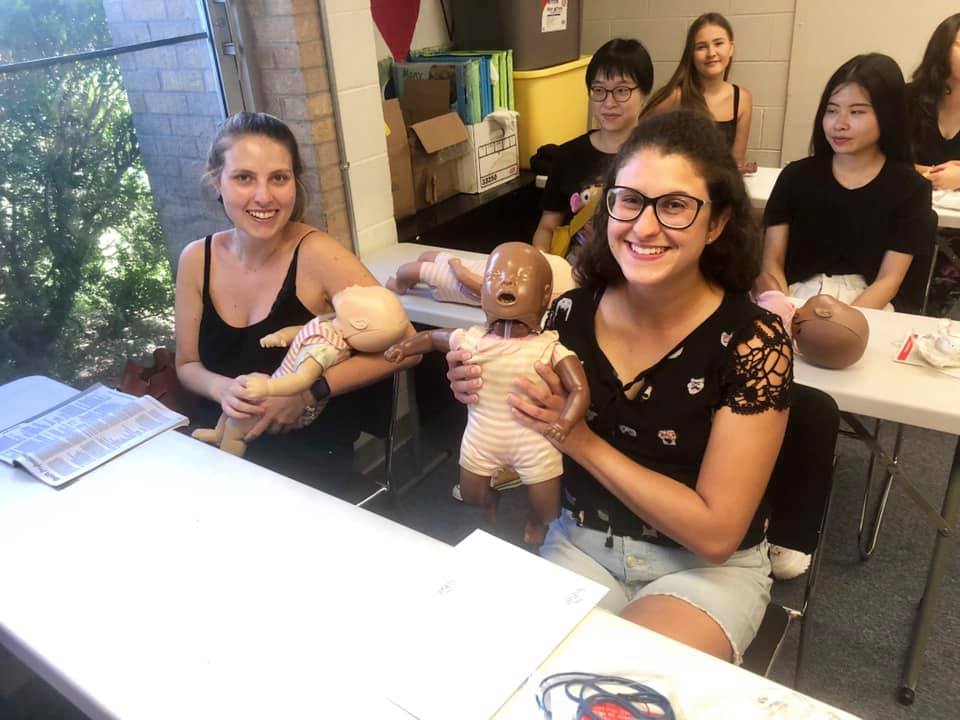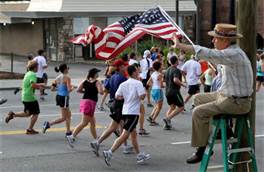Holiday Season in the USA will be a very special time for your family and Au pair. It can also be a time when the Au Pair may need a little extra support. Consider these tips:


Certain people and places are missed and our traditions and activities seem “different” right at a time when an Au Pair would welcome something familiar. My observation has been that an Au
Pair’s emotions are close to the surface during the holidays. The enormity of this year away from
home hits her and sometimes throws her into a self-protective mode. You can help her through
this unfamiliar territory by talking to her about what your specific family activities will be (when
the candles will be lit, the stockings hung, the gifts exchanged, the meals prepared and eaten, the
relatives arriving, etc.) An especially thoughtful touch is to ask her if she has any favorite holiday foods or
traditions that could be incorporated into your celebration.
- What are your expectations?
Talk to your Au Pair specifically about what has to be accomplished. This will help to get her involved and interested. Remember her mother has probably taken this responsibility in previous years so don’t expect her to just “know” what needs to be done. Give her some clear, agreed-upon assignments, make her feel a part of things and let her know her contribution is needed and appreciated.
- Discuss the change in routine and roles
The parents are home and this is unsettling to the children as well as to the Au Pair. Some different work expectations may be needed since the kids may prefer to hover around the parents. This can make an Au Pair feel unwanted and unsure of what is expected of her. If she is thrown off balance she may not see other things she can do instead of the usual. The high emotions and energy of the kids at this time of year seem like craziness to her. Assure her that things are temporary and will be back to normal soon! Suggest things she can
do to help and encourage her to roll with the punches and just enjoy the general fuss. And host parents need to remember that no matter how stressful those long holiday days are, the rules of how many hours an Au pair can work are mandated by the State Department. No Au pair is allowed to work more than 10 hours each day or left in sole charge of the children for more than 10 hours.
The number of gifts given to the children and the excesses we enjoy with gifts, food, and decorations are overwhelming to most Au Pairs. This often causes them to withdraw as they attempt to catch their breath and to evaluate the differences.
- New Year’s Eve in the USA
Socially you should remember the holidays are a time when Au Pairs want, and need, to be with their friends. This helps their survival mechanism when they are missing old friends back home. New Year’s Eve, especially in America, is a special occasion to an Au Pair so open communication is very important as you decide on New Year’s Eve plans. If possible, use a different babysitter on this important night for her.











 Classes are available through the Red Cross. Au Pair in America will pay for the cost of a class providing an au pair has at least six months left on her visa and is taking one of several approved childcare/child safety-related classes, such as Adult and Pediatric First Aid/CPR/AED. Au pairs should check with their community counselor and host family before signing up. Au Pair in America will register the au pair directly.
Classes are available through the Red Cross. Au Pair in America will pay for the cost of a class providing an au pair has at least six months left on her visa and is taking one of several approved childcare/child safety-related classes, such as Adult and Pediatric First Aid/CPR/AED. Au pairs should check with their community counselor and host family before signing up. Au Pair in America will register the au pair directly. Almost everyone experiences culture shock when they come to a completely new environment. Everything is different: the language, the food, and the people.
Almost everyone experiences culture shock when they come to a completely new environment. Everything is different: the language, the food, and the people.






